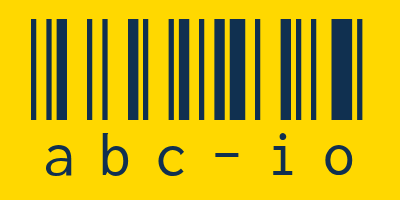
- Anthropic has made Claude Code easier for anyone to use, regardless of technical training
- Users can access Claude Code on a web browser or phone and assign multiple coding tasks, steering them in real time
- The tool’s new accessibility opens up advanced coding capabilities to non-developers and solo creators
Anthropic is making its Claude Code programming tool available and usable to just about anyone with a web browser or smartphone.
No longer limited to terminals and local environments, you can now delegate multiple coding tasks to Claude Code right from your claude.ai browser tab.
Being usable on mobile devices enhances that sense of flexibility. You can use Anthropic’s iOS app to get to Claude Code and have a new piece of software outlined in very little time, though not without its share of bugs and flawed mechanics.
It’s a remarkable shift for a tool like Claude Code, which Anthropic boasts it used internally to write 90% of its own code. The company claims it has contributed to a jump in output of 67% per engineer, even as the engineering team doubled in size.
That’s partly because Claude Code is so proactive when receiving instructions. Users can submit new requests while previous ones are running, and tweak them before they are done if it looks like Claude hasn’t quite understood what it’s been asked to do.
In one sense, this is the latest chapter in AI’s ongoing effort to dissolve barriers between expert tools and casual users.
In another, Claude Code on the web allows users to get the programming software to mimic how humans work in the disjointed fits and starts that jump around to different contexts. You just assign the work, Claude handles the execution, and you review the results on your schedule.
Claude Code’s expansion is a sort of culmination of recent efforts by Anthropic to push a new line of AI models out. Claude Sonnet 4.5 and Claude Haiku 4.5 recently debuted, with agent-based coding a key element of how Anthropic pitches them. The appearance of Claude Code on the web continues Anthropic’s push to reshape who gets to benefit from this kind of AI model.
Code for all
That shift in role might feel jarring to some developers who pride themselves on hands-on control.
But it’s arguably just another level of automating some aspect of programming, going back to physically moving relays in building-sized computers, down to the much more rapid development of high-level languages, then frameworks, then low-code platforms, and, for the average person, the development of the content management systems in use today.
Agentic AI just pushes the boundary further by autonomously executing more abstract instructions. It certainly doesn’t remove the need for human programmers and designers to make good programs, although making it easier to produce bad ones is arguably a built-in argument against their use.
In that light, Claude Code becomes less about replacing developers and more about augmenting them. It handles the glue code, the boilerplate, and the regression tests. The boring bits, in other words.
Anthropic says it’s a real money-maker too, with Claude Code on its way to making more than half a billion dollars in annualized revenue, with ten times the usage since it became generally available in May 2025.
Word of it must be spreading to the likes of solo developers and independent teams who once struggled to keep up with code maintenance. Designers who occasionally dabble in front-end tweaks might finally ship a side project they’ve played with for years.
There are still plenty of limitations. Not every problem can be solved with an agent. Not every user wants to write specs in natural language. But for a growing swath of tasks, Claude Code’s accessibility may make all of their programming dreams come true.
Follow TechRadar on Google News and add us as a preferred source to get our expert news, reviews, and opinion in your feeds. Make sure to click the Follow button!
And of course you can also follow TechRadar on TikTok for news, reviews, unboxings in video form, and get regular updates from us on WhatsApp too.











Add Comment